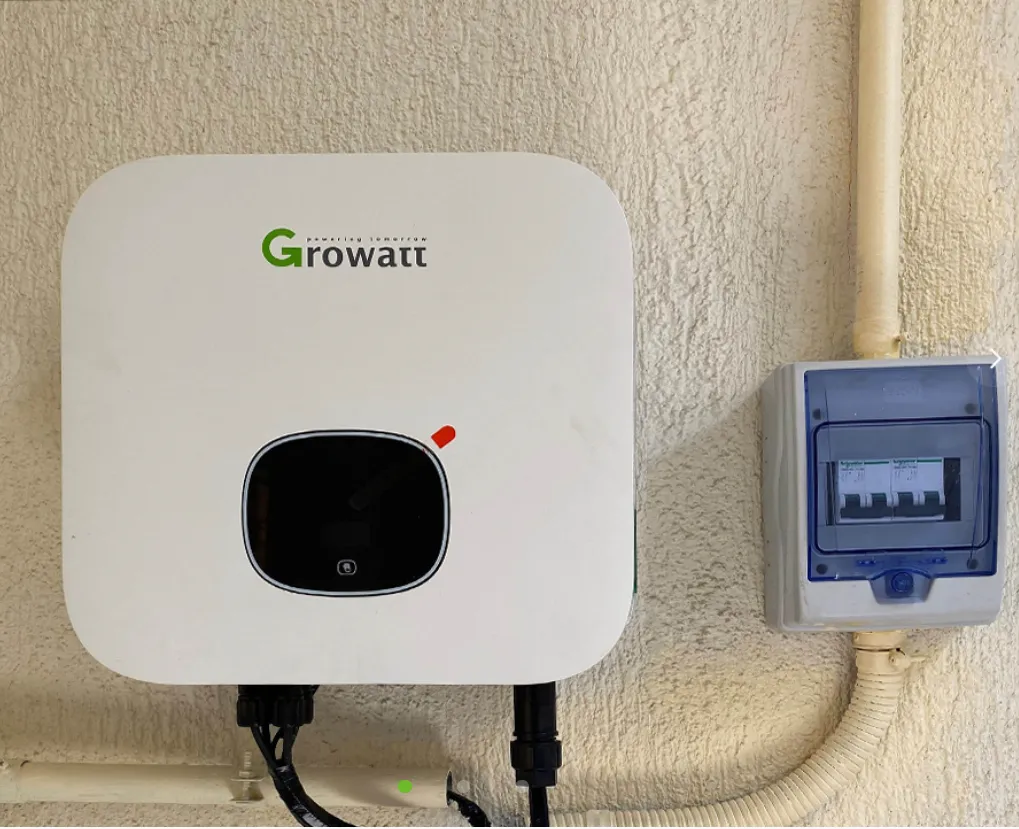Exploring the Benefits and Innovations of Solar Photovoltaic Systems for Sustainable Energy Solutions
Exploring the Benefits and Mechanisms of Solar PV Systems
In recent years, solar photovoltaic (PV) systems have gained significant attention as a sustainable and efficient source of energy. With the world grappling with energy shortages and the pressing need to combat climate change, solar PV technology offers a viable solution that harnesses the power of the sun to generate clean electricity. This article delves into the workings of solar PV systems, their benefits, and their growing importance in achieving a sustainable energy future.
Understanding Solar PV Technology
At its core, a solar PV system converts sunlight into electricity using semiconductor materials, typically silicon. When sunlight strikes the solar panels, it energizes the electrons in the semiconductor, generating direct current (DC) electricity. This electricity can be used immediately, stored in batteries for later use, or converted into alternating current (AC) electricity by an inverter for compatibility with the grid.
A typical solar PV system comprises several key components solar panels, an inverter, a mounting system, and, often, a battery storage unit. Solar panels capture sunlight, while the inverter changes the DC electricity produced by the panels into AC electricity for household use. The mounting system secures the panels on rooftops or solar farms, and battery storage allows for the excess power generated during sunny days to be utilized during times of low sunlight, making the system more efficient and reliable.
Environmental Benefits
One of the most compelling reasons for the adoption of solar PV systems is their minimal environmental impact. Unlike fossil fuels, which release significant amounts of greenhouse gases and pollutants, solar energy generation emits little to no carbon emissions. By transitioning to solar energy, we can drastically reduce our carbon footprint and contribute to a cleaner atmosphere.
Additionally, solar energy can help mitigate the effects of climate change by decreasing reliance on non-renewable energy sources. By investing in solar PV technology, countries can work towards their commitments to international climate agreements and reduce their overall energy consumption.
Economic Advantages
solar pv system

The economic benefits of solar PV systems extend beyond environmental impacts. As technology has advanced, the cost of solar panels has decreased significantly, making solar energy more accessible to both individuals and businesses. This decline in prices, coupled with government incentives such as tax credits and rebates, has encouraged widespread adoption.
Moreover, solar PV systems can lead to substantial savings on energy bills. Once installed, they can generate free electricity from sunlight, reducing dependence on the grid. Many homeowners have reported a significant reduction in their utility costs, and businesses have noticed similar savings, allowing them to redirect funds toward growth and innovation.
Furthermore, the solar industry has become a significant job creator. The transition to renewable energy has sparked the creation of numerous jobs in manufacturing, installation, maintenance, and research and development, contributing to local economies and fostering sustainable communities.
Energy Independence and Security
Solar PV systems also play a critical role in enhancing energy independence. By generating their own electricity, homeowners, businesses, and even entire communities can reduce their reliance on energy imports. This independence can lead to increased energy security and resilience against price fluctuations in the global energy market.
Additionally, solar energy can provide reliable power in remote areas where traditional energy infrastructure is lacking. Off-grid solar PV systems can bring electricity to rural and underserved communities, improving quality of life and enabling access to essential services such as education and healthcare.
Conclusion
As the world faces the dual challenges of energy insecurity and climate change, solar PV systems emerge as a sustainable and transformative solution. With their ability to generate clean energy while offering economic savings and benefits, solar PV systems are no longer just an alternative energy source; they are becoming a cornerstone of a resilient and sustainable energy future.
As technology continues to evolve and awareness of solar energy's benefits grows, it is imperative that individuals, businesses, and governments invest in solar PV systems. By doing so, we can harness the sun's power to create a greener, more sustainable world for generations to come.
-
Unlocking Energy Freedom with the Off Grid Solar InverterNewsJun.06,2025
-
Unlock More Solar Power with a High-Efficiency Bifacial Solar PanelNewsJun.06,2025
-
Power Your Future with High-Efficiency Monocrystalline Solar PanelsNewsJun.06,2025
-
Next-Gen Solar Power Starts with Micro Solar InvertersNewsJun.06,2025
-
Harnessing Peak Efficiency with the On Grid Solar InverterNewsJun.06,2025
-
Discover Unmatched Efficiency with the Latest String Solar InverterNewsJun.06,2025







